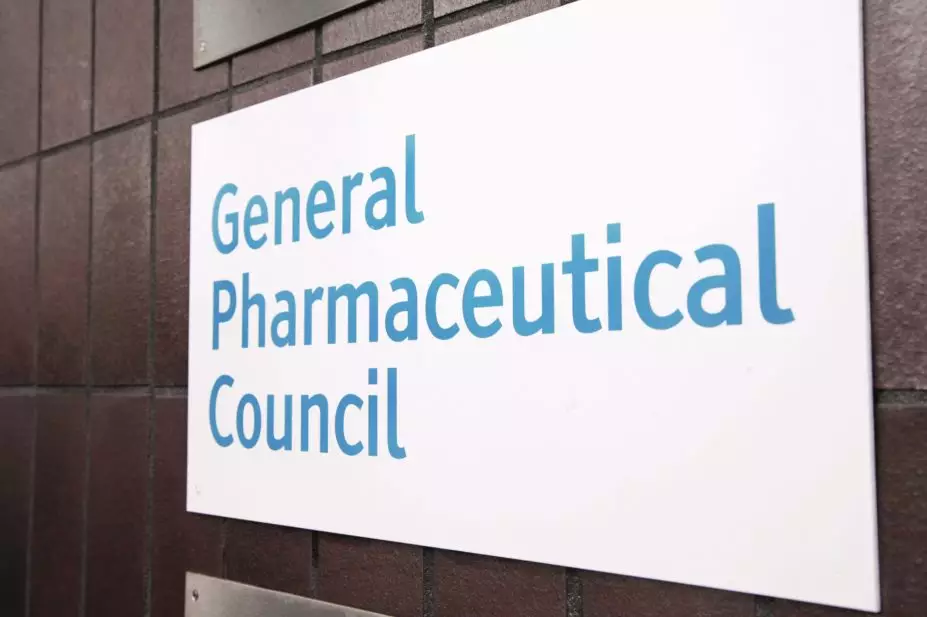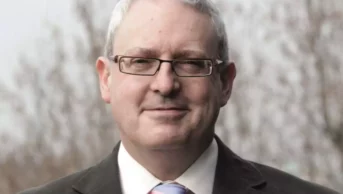
General Pharmaceutical Council
The number of regulators of healthcare professionals may be slashed, with bodies merged into new organisations, the Department of Health has confirmed.
The need to review and refine the regulation of healthcare professionals was highlighted by the Francis inquiry into deaths that occurred at Mid-Staffordshire trust. That inquiry found significant issues with the regulatory framework, in particular public confusion about the roles and responsibilities of the different regulators and the need for better information sharing, co-operation and synergy.
Early details of some of the proposals, which appear to have been leaked to journalists at
The Times
, were reported by the newspaper earlier this week. The news report said that under one option, the nine healthcare professional regulators would be merged, with one organisation registering all health professionals and carrying out disciplinary procedures.
Another option would see the General Medical Council (GMC) and the Nursing and Midwifery Council (NMC) merge into a core regulator, while unifying pharmacists’, dentists’ and opticians’ watchdogs into a ‘High Street health’ regulator. A third body would cover allied professions such as podiatrists, osteopaths and physiotherapists.
The individual regulators range from large bodies such as the nurses’ (NMC) and doctors’ (GMC) councils, which each regulate hundreds of thousands of professionals, to the General Chiropractic Council, which covers just a few thousand. The General Pharmaceutical Council (GPhC) has some 52,000 pharmacists and 23,000 pharmacy technicians on its register for Great Britain.
In 2015, the government committed to reviewing the regulation of health professionals, producing proposals for changes and holding a public consultation.
Officials have been working with professional bodies, health and care regulators, trades unions, representative bodies, employers and the professions. The four UK governments also held a series of engagement events last summer.
The feedback from this engagement will inform principles for a public consultation, the Department of Health said. A number of options will be suggested as part of the consultation, including merging regulators or just refining working processes of the current regulators, it confirmed.
The Times report estimates that mergers could cut the £200m annual cost of regulation by 15-18% by ending duplication.
Duncan Rudkin, the GPhC chief executive, said: “We have been engaging constructively with the UK government, the devolved administrations, the Professional Standards Authority and the other regulators during discussions on the future of health professional regulation. We are waiting to see the government’s full proposals in their upcoming consultation, and will continue to contribute to the debate and to share our vision of what regulation can and should achieve for patients and the public.”
The GMC did not want to comment on the implications of mergers until the proposals had been published, but a spokeswoman said that some reform in the processes of the regulation of health professionals was long overdue. For example, under existing rules, the GMC must conduct its own formal disciplinary procedure in order to strike off a doctor who has been convicted of a serious criminal offence and sentenced to prison by a Court, rather than be able to strike them off automatically, based on the court ruling.
Pardeep Sandhu, executive director of professional services at the Medical Protection Society, said: “We are keen to see more detail on this proposal when a consultation is published, however, we would be concerned about an amalgamation exercise which could result in the specific expertise of each profession’s regulator being lost.”
He added: “Any new regulator would need to be able to distinguish between the hugely differing roles within the many professions it would oversee. We also hope any consultation will place greater emphasis on ensuring more efficient regulation – limiting unnecessary impact on the health and wellbeing of healthcare professionals and their ability to get on and do their job.”


